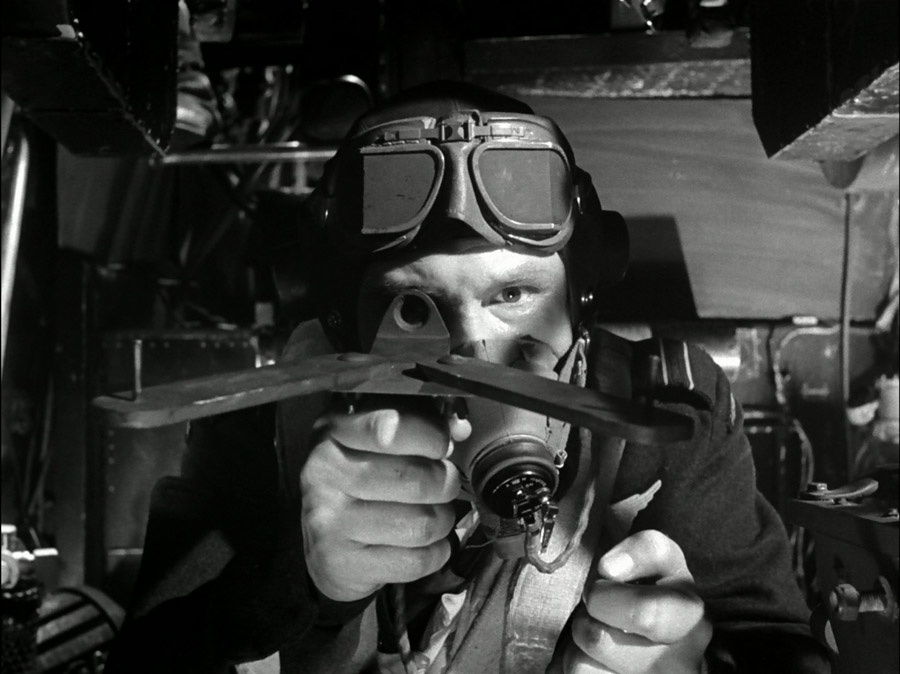| RATING: | 80% |
| FORMAT: | DVD |
About a raid that the Germans recovered from in a matter of weeks and that was never repeated and that was only partially successful. And that wasted the efforts of clever, committed men.
This is the kind of filmmaking that valorises desperation as a form of heroism rather than what it is - an unwillingness to know when one is defeated and of how to move on. A weapon that must be dropped from a certain height at a certain speed at a certain distance from the target proves such desperation and the uselessness of such a weapon for any other purpose. Using such unusual weapons is simply a distraction from the main war effort and the proper use of resources.
Richard TODD is his usual wooden self while Michael REDGRAVE is simply magnificent and makes the film worth watching as he plays the dedicated boffin out to prove those committee-minded fools at the ministry that he really is the genius he knows himself to be. What should have been a study in contrasts (man-of-action versus a man of the intellect) fails for this reason.
Oddly, there is no explanation as to how a bomb dropped from a plane could bounce at any point in a film that prides itself on scientific nous. Despite the lack of in-depth characterisation and dramatic conflict between the characters, this is still solid and dependable entertainment of the kind the British cinema used to do so well but no longer does.





No comments:
Post a Comment